
54,99 €**
42,99 €
**Preis der gedruckten Ausgabe (Broschiertes Buch)
Sofort per Download lieferbar
Versandkostenfrei
Broschiertes Buch
1975.
1. November 1975
Springer / Springer Berlin Heidelberg / Springer, Berlin
978-3-540-07229-4
| eBook, PDF | 40,95 € |
Ähnliche Artikel
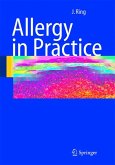
101,60 €**
75,95 €
**Preis der gedruckten Ausgabe (Broschiertes Buch)
Sofort per Download lieferbar
Versandkostenfrei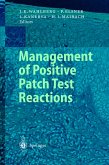
eBook, PDF
6. Dezember 2012
Springer Berlin Heidelberg
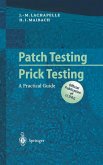
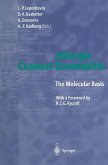
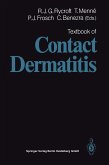
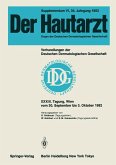
54,99 €**
42,99 €
**Preis der gedruckten Ausgabe (Broschiertes Buch)
Sofort per Download lieferbar
VersandkostenfreieBook, PDF
9. März 2013
Springer Berlin Heidelberg

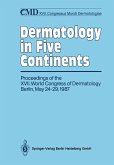
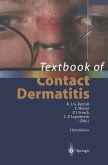
Ähnlichkeitssuche: Fact®Finder von OMIKRON
